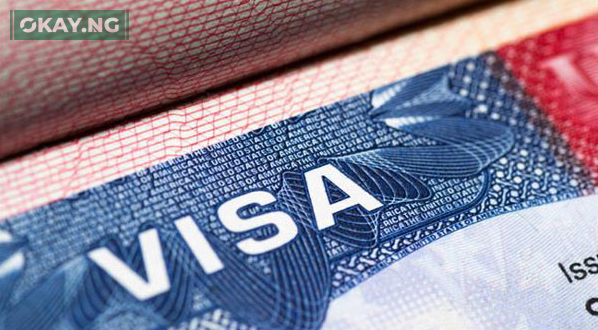The United States Department of State has rolled out a sweeping policy change that directly affects millions of non-immigrant visa applicants worldwide. Under the new directive, all applicants are now required to schedule their interviews at a U.S. Embassy or Consulate located either in their country of nationality or in their country of legal residence.
The announcement was published on September 6, 2025, through the State Department’s official visa portal, and the policy takes immediate effect. The updated guideline overrides previous rules that allowed applicants to book interview slots in alternative countries when faced with limited availability.
According to the Department, “Nationals of countries where the U.S. government is not conducting routine nonimmigrant visa operations must apply at the designated embassy or consulate, unless their residence is elsewhere.”
This list of designated embassies and consulates covers citizens of nations currently under diplomatic restrictions or conflicts. These include Afghanistan (Islamabad), Belarus (Vilnius, Warsaw), Cuba (Georgetown), Iran (Dubai), Russia (Astana, Warsaw), Venezuela (Bogota), and Yemen (Riyadh).
Three Key Updates for Applicants
1. Residence Requirement: Applicants must provide proof of residence in the country where they are seeking their visa.
2. Application Fees: Interview fees remain non-transferable and non-refundable, even if an applicant fails to qualify.
3. Appointment Availability: Those applying outside their home country should expect longer wait times.
The U.S. State Department stressed that while existing appointments “will generally not be cancelled,” the new policy excludes special visa categories such as diplomatic, North Atlantic Treaty Organization (NATO), or United Nations (UN) visas.
It further noted that exceptions may still be granted in emergencies such as urgent medical needs or humanitarian grounds.
For Nigerian applicants, this marks the end of a long-standing workaround where individuals would travel to embassies in countries such as Ghana, Cameroon, or Namibia when faced with prolonged wait times in Abuja or Lagos. okay.ng reports that moving forward, Nigerians must strictly process their applications in Nigeria unless they have established residence elsewhere.
The Department encouraged applicants to frequently check their local embassy websites for updates on eligibility requirements and interview schedules.
This policy, according to officials, is part of efforts to streamline non-immigrant visa processing while addressing global backlogs and security concerns.







